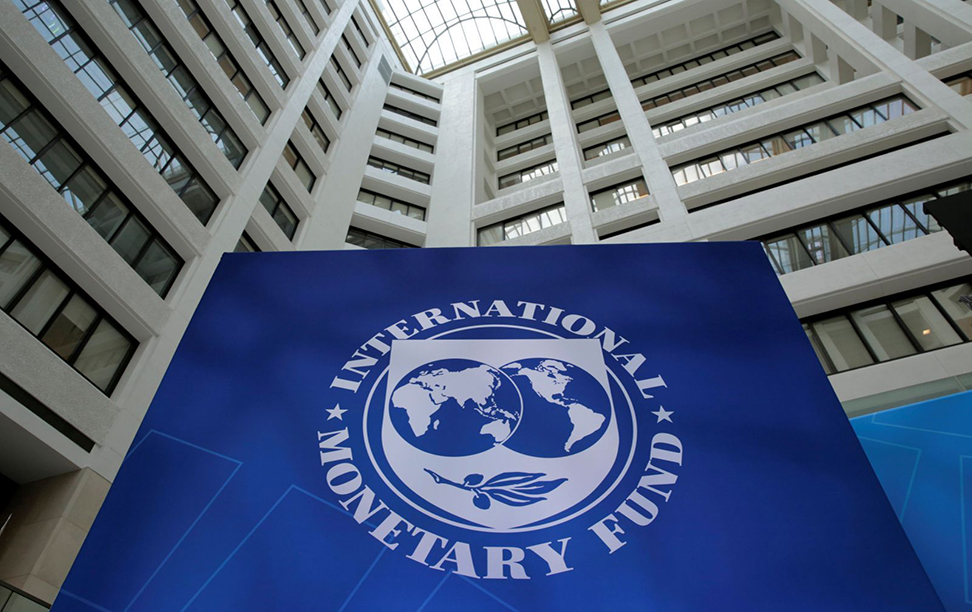August 25, 2022 (MLN): The Asia Pacific Group (APG) of the Financial Action Task Force (FATF) has revealed its Mutual Evaluation Report (MER) wherein Pakistan’s technical compliance rating on the implementation of the FATF Action Plan has been upgraded.
Overall, Pakistan has made good progress in addressing the technical compliance deficiencies identified in its MER and has been re-rated as Compliant with R.33, Largely Compliant with R.28 and R.37, and Partially Compliant with R.38.
Pakistan requested re-ratings of the following recommendations: 28 and 33 (which are rated PC); 37 and 38 (which are rated NC), APG highlighted in its fourth technical compliance report.
The APG welcomed the steps that Pakistan has taken to improve its technical compliance with R.28, R.33, R.37, and R.38. As a result of this progress, Pakistan has been re-rated as follows: Compliant with R.33, Largely Compliant with R.28 and R.37, and Partially Compliant with R.38.
While appreciating the country’s efforts, the report said, “Pakistan has taken steps to address shortcomings in relation to DNFBP supervision, including the establishment of an AML/CFT supervisory framework. Deficiencies remain with fit and proper requirements and the implementation of risk-based AML/CFT supervision for DNFBPs.”
FBR’s supervision to date has included activity verification to identify the non-filer or zero income filers conducting business activities; offsite supervision of very high and high-risk entities in accordance with the risk-based supervision (RBS) framework; onsite thematic inspections of 412 entities and 467 onsite full scope inspections. As a result, a wide range of non-monetary (including censure, warning, and direction) and monetary sanctions were imposed on a large number of DNFBPs for AML/CFT non-compliance.
For accountants supervised by ICAP and ICMAP, the RBS has included the identification and analysis of the ML/TF risk, both at the sector and at the reporting firm’s level. ICAP and ICMAP have completed their 2-phase offsite monitoring. ICAP has completed onsite inspections of 19 firms and ICMAP has completed onsite inspections of 8 firms. Thematic inspections have also been conducted by both supervisors covering medium and low-risk rated firms. A wide range of sanctions was imposed on the DNFBPs for AML/CFT compliance.
Pakistan has implemented fit and proper controls for DNFBPs, however, minor deficiencies remain with respect to the controls for accountants supervised by ICMAP/ICAP and lawyers as they do not extend to cover associates of criminals. Risk-based supervision on DPMS, real estate, and accountants is in place and supervision has commenced for lawyers. The remaining deficiencies are weighed as minor, taking into account the overall implementation of supervision of DNFBPs.
According to the report, “Pakistan now maintains comprehensive statistics on matters relevant to the effectiveness and efficiency of their AML/CFT systems, including STRs, received and disseminated; ML/TF investigations, prosecutions, and convictions; property frozen; seized and confiscated, and mutual legal assistance or other international requests for co-operation made and received.”
Since the 2020 FUR Pakistan has amended the MLAA (s.5) to remove the major deficiency identified with the unduly restrictive condition regarding the requirement of notification to the subject of MLA requests, it said.
Pakistan has also issued updated MLA Guidelines to all implementing agencies to support the MLA process. There are however deficiencies in the scheme for providing assistance to obtain restraint orders ex parte in all circumstances. This deficiency is principally reflected in R.38 but also creates a minor deficiency in the context of R.37. A minor deficiency remains relating to the coverage of predicate offenses.
With regards to recommendation 38, the report said, “Since the October 2020 FUR, Pakistan has amended the MLAA (s.5) to remove the major deficiency identified with the unduly restrictive condition regarding the requirement of notification to the subject of MLA requests. The further amendments to the MLAA allow for assistance on the basis of non-conviction-based confiscation proceedings.”
To recall, the global financial watchdog, FATF on June 17, 2022, announced an onsite visit to Pakistan to check the real implementation of laws/procedures before announcing its decision on whether Pakistan will be removed from the list.
FATF has found Pakistan compliant with all of the 34 action items assigned and it “warrants an on-site visit to verify that the implementation of Pakistan’s AML/CFT reforms has begun and is being sustained.
The on-site review will occur before the next Plenary meeting which will be held from 16 to 21 October 2022. The onsite inspection will be two-phased where the team will review the sustainability of the action items and ensure the actions are irreversible.
Last time, before removing Pakistan from the grey list in February 2015, the FATF’s Regional Review Group visited Pakistan in December 2014 for an onsite review of AML/CFT reforms.
Copyright Mettis Link News
Posted on:2022-08-25T10:27:49+05:00
34766







